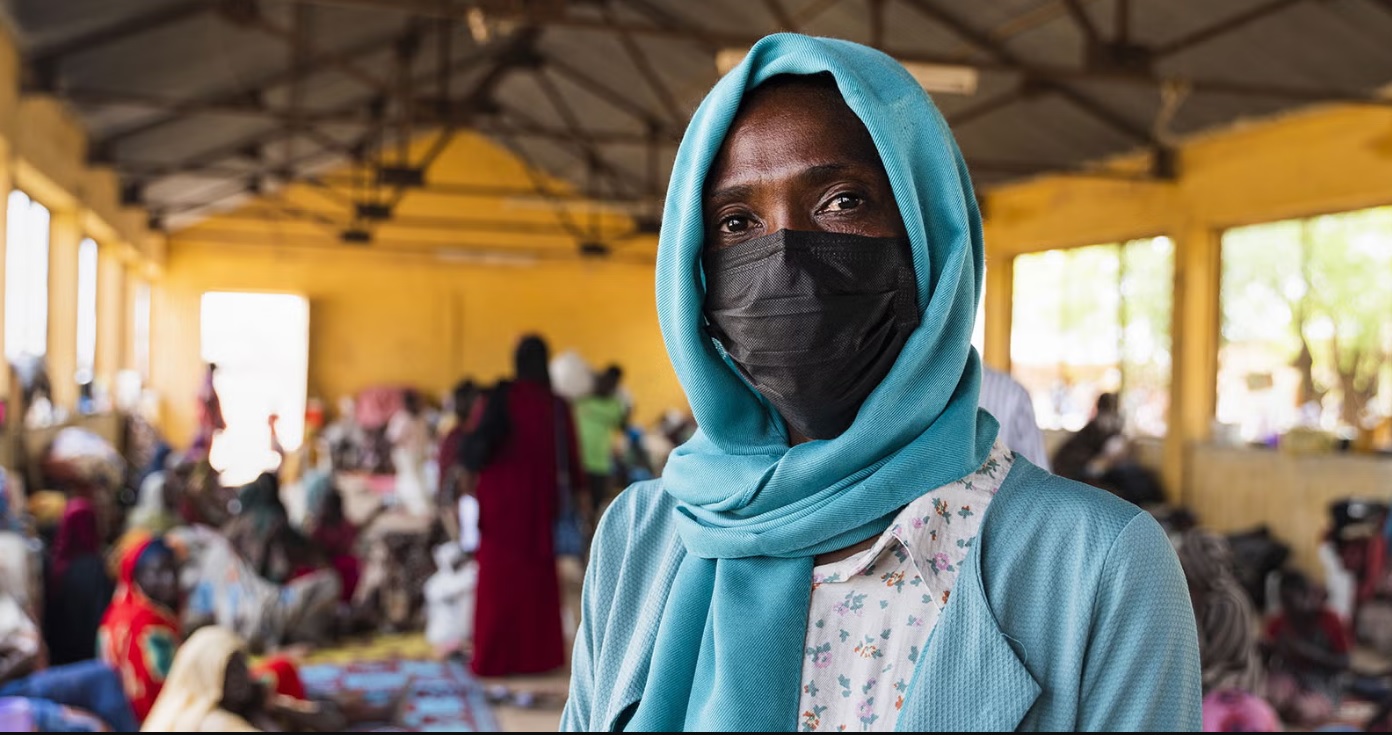
The Heavy Cost of War: Sudanese Women Face Death as the Health System Collapses
Sudanese Media Forum
Report by Azza Mohamed
Khartoum, 16 May 2025 (Ilamiyat Network) – The ongoing war between the Sudanese Armed Forces and the Rapid Support Forces, which erupted in mid-April 2023, has significantly worsened the suffering of women, bringing down a healthcare system that was already fragile. As a result, maternal and child mortality has increased sharply amid ongoing displacement, hunger, thirst, and widespread poverty—factors that disproportionately affect women.
According to Sudans Federal Ministry of Health, the maternal mortality rate has risen to 295 deaths per 100,000 live births. Sudan’s Health Minister, Haitham Mohamed Ibrahim, stated in a press interview that “the number of maternal deaths recorded between June 2023 and July 2024 reached 870, including 350 that occurred within hospitals and health facilities.” The World Health Organization (WHO) estimates that more than 1.1 million pregnant women in Sudan currently lack access to essential services, such as antenatal care, safe delivery, and postpartum support.
Noura’s Story
Noura never imagined she would return home to Gereida in South Darfur without her sick, heavily pregnant daughter. But she was forced to travel with her to Northern State after the daughter was referred to Merowe Hospital for treatment.
After a long journey covering thousands of kilometers to the city of Merowe in Northern State, Noura’s daughter died moments after giving birth—an end to her suffering, but the beginning of another challenge for the newborn girl she left behind. Now, that child faces the hardships of war and survival with her grandmother, moment by moment.
At the Merowe bus terminal, Noura was seen tying the infant to her back as she performed her prayers, waiting for transportation to the town of Al-Dabba to begin their sorrowful journey back to Gereida. That was five months after the death of the babys mother. Unable to afford the transportation fare back to Gereida, Noura spent the night at the Hosh Malit camp in Al-Dabba before continuing her trip the next morning.
According to residents who spoke to Radio Dabanga, healthcare services in Gereida locality are severely lacking. Out of three administrative units, only one rural hospital exists—and it is devoid of medical personnel and equipment. Residents often have no choice but to travel to Nyala for even basic diagnostic procedures like X-rays.
Maternal Mortality
Maternal deaths resulting from the war remain one of the most alarming issues for those concerned with health and human rights, as they have claimed the lives of dozens of women.
Sudan’s Minister of Health, Haitham Mohamed Ibrahim, reported a sharp rise in maternal mortality rates, reaching 295 deaths per 100,000 live births, while child mortality stood at 51 deaths per 1,000 live births.
According to the United Nations, the maternal mortality rate in Sudan before the war was estimated at around 270 deaths per 100,000 live births. After the war broke out, the Federal Ministry of Health stated that the rate had risen to about 100 deaths per 10,000 births in the country—figures confirmed by both the World Health Organization (WHO) and the UNICEF.
Dr. Adeeba Ibrahim, a member of the Sudanese Doctors Syndicate, stated that 90% of health facilities have completely collapsed, severely affecting access to care, especially in conflict zones. She noted that the Organization for Combating Violence Against Women and Children reported over 316,000 deaths from cholera alone, while dengue fever accounted for more than 576,000 deaths.
Adeeba also highlighted that 176,000 pregnant women are facing malnutrition, with 850,000 lactating mothers and 45,000 children reported dead due to malnutrition. She told Madaniya News that 679 cases of sexual assault had been documented, 256 of them involving children aged between 5 and 16 years. She also reported that 48 abortion cases had been treated: 12 at Al-Naw Hospital and 36 at Shendi Hospital.
Treating War Victims
Healthcare for the displaced and war-injured remains one of the most urgent humanitarian issues. The suffering of the wounded has been compounded due to the lack of access to treatment.
Razia, a 70-year-old woman, was forced to flee the city of Mellit in North Darfur with her daughter and son after their area was bombed by warplanes. After a long and exhausting journey, they ended up in a displacement shelter in Al-Dabba locality.
Due to the lack of health services for her daughter—who was injured in the leg—Razia spent months sleeping on the ground outside the Qatari Hospital in Tungaissi, Northern State, alongside her son. Her daughter lay on a rented hospital bed, as they could not afford the 25,000 Sudanese pounds per day for inpatient care.
Razia and her son survive on meals shared by the relatives of other patients during the day, but she endures the bitter cold at night alone while trying to gather the 500,000 Sudanese pounds needed for her daughter’s surgery—plus the cost of hospital stay.
The war robbed Razia and her family of their livelihood and home, and they continue to suffer violations—just like thousands of other Sudanese who have been displaced by the conflict between the Sudanese Armed Forces and the Rapid Support Forces.
Women Pay the Price of War with Their Health
Women in Sudan bear the brunt of the war’s impact on their physical, mental, and reproductive health, and their ability to access even the most basic healthcare services—already scarce and deteriorating due to the conflict. Many are forced to travel long distances and face tremendous risks just to seek help.
This situation worsens by the day as the war continues and the number of victims increases. It demands urgent attention to their suffering, ending the bloodshed, and providing essential health services for women close to where they live and at prices that match their dire economic circumstances.
The Sudan Media Forum publishes this report as part of journalists efforts to spotlight the war’s devastating impact on women’s health in Sudan—and the urgent need to address it.


